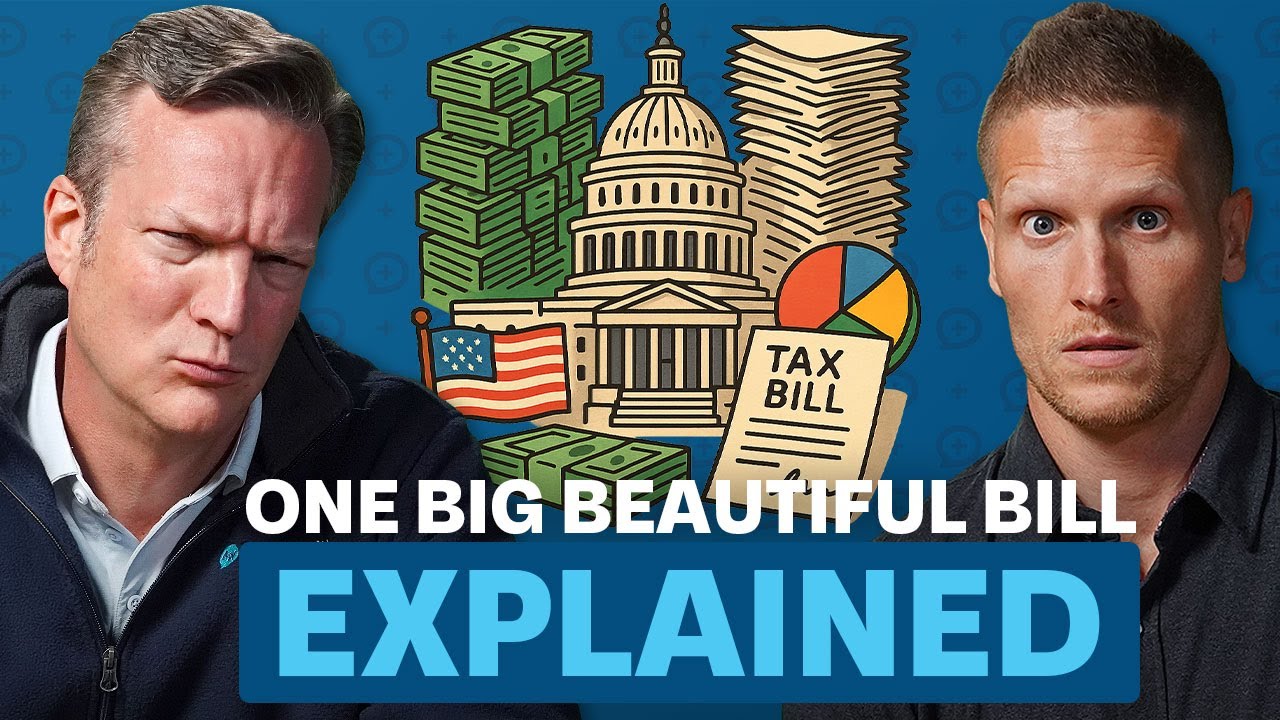Let’s move on to the next question from Rob. He says, “529 versus Index Fund for a newborn, tax advantage aside. At least I would be in control of the index in my name in case my kid wants a new Porsche at age 18 or something like that. How should he be thinking about this?”
Okay, so it depends on what the goal for the money is. If you think that these funds might actually be used for the first car, I would not recommend a Porsche for your kid as their first car. I understand your concern about the kid reaching majority age at 18 and potentially wanting to access the money. The beautiful thing about a 529 plan is that the assets also belong to you. When you open up a 529, you become the owner of the account and get to choose who the beneficiary of that account is. So, you can be the owner, and your child can be the beneficiary. It’s not like an UTMA account where your child can simply come and say, “Hey, Dad, give me that money.” That’s not how 529 accounts work.
So, it’s important to figure out what the purpose of these funds is. If it might be for a down payment on a home, a wedding, or a first automobile purchase, I think there’s nothing wrong with opening up a brokerage account in your name. The account will be subject to your tax liability. Alternatively, you could open an UTMA account, and Kitty Tax rules would apply. However, if you think there’s a chance that your child will go to school and you anticipate using the 529 assets for higher education, whether it’s college or private school K-12, using a 529 plan isn’t crazy. 529 plans provide a lot of opportunities for saving taxes.
Now, what I thought was great about your question is that you mentioned 529 or Index Fund. You know what I love about 529 plans? You can invest in index funds within them. So, it doesn’t have to be an either-or situation. The choice depends on what your kid ultimately wants to do. Many plans offer index funds, so you can have the benefits of both.
Before making a decision, it’s crucial to research the tax incentives offered by your state’s 529 plan. The tax benefits are probably significant, which might make it more advantageous to stay within your state’s plan. Also, keep in mind that many states have multiple plans, so make sure you’re using the most effective low-cost plan that includes index funds.
I want to come back to the original question that Rob submitted. 529s are incredibly effective at funding education, not just for traditional college but also for trade schools, K-12 private schools, and other education-related expenses. Pay attention to the power and potential these things can provide. By the time you reach step eight of the financial order of operations, a 529 plan is probably a tool you’ll want to look into.
You mentioned concerns about kids getting access to the funds. That’s not really something I see as a problem with 529s. It’s more of an issue with custodial accounts, as Beau alluded to. However, if you have a custodial account and your child is close to turning 18, it’s important to have conversations about financial responsibility. Encourage them to take part in lifetime learning opportunities and teach them about savings, giving, and investing. Consider providing a dollar-for-dollar match for their savings to instill a sense of responsibility. Also, share the potential consequences of squandering the money and help them understand the importance of managing it wisely.
Remember, wealth doesn’t guarantee happiness or success. It’s essential to create a sense of scarcity and teach your children the value of hard work, responsibility, and building their own success. Help them develop a mindset that appreciates financial independence rather than relying solely on family wealth. Share your experiences and guide them towards making responsible financial decisions.
Consider the purpose of the funds and their potential uses. Determine if education-related expenses are likely, as 529 plans offer tax advantages and flexibility. You can invest in index funds within the plan for long-term growth. Research the tax incentives offered by your state’s plan and choose accordingly. Finally, educate your children about financial responsibility and create scarcity in their lives to cultivate a hunger for success and responsible financial habits.














